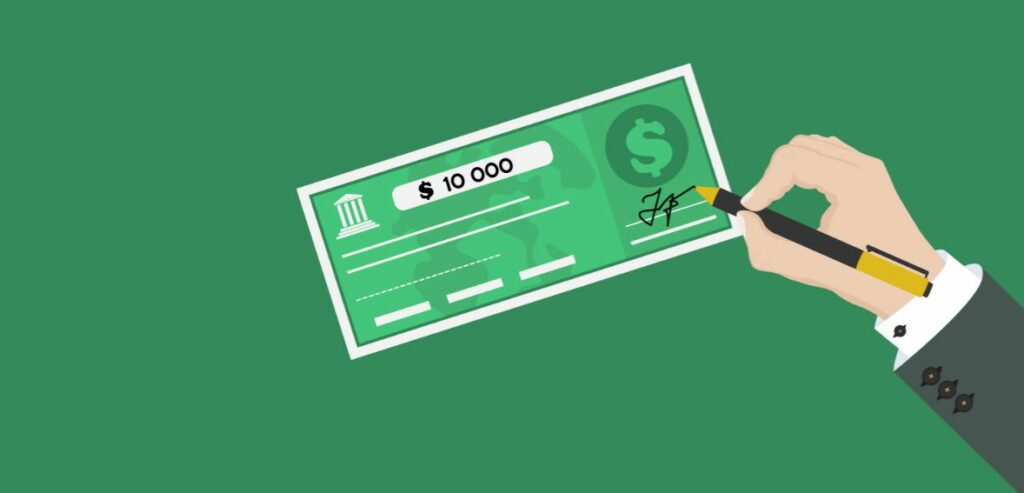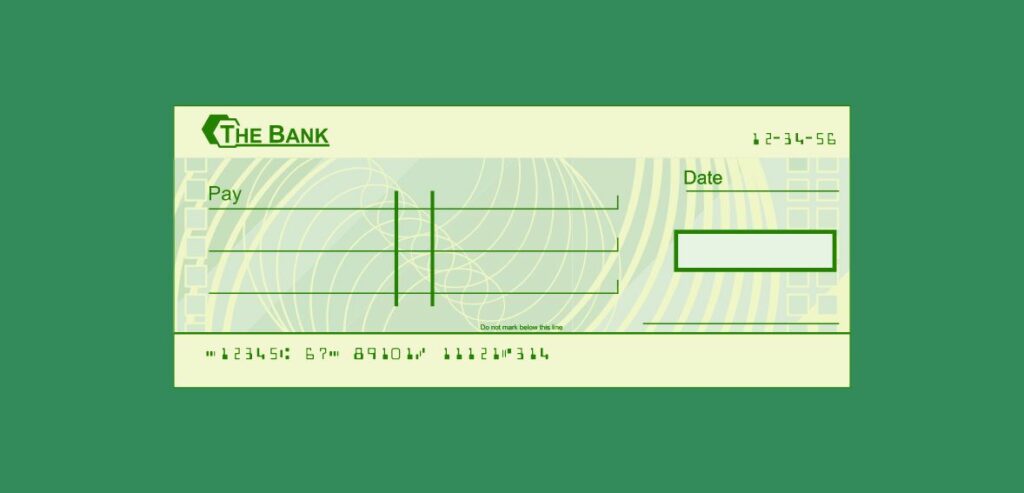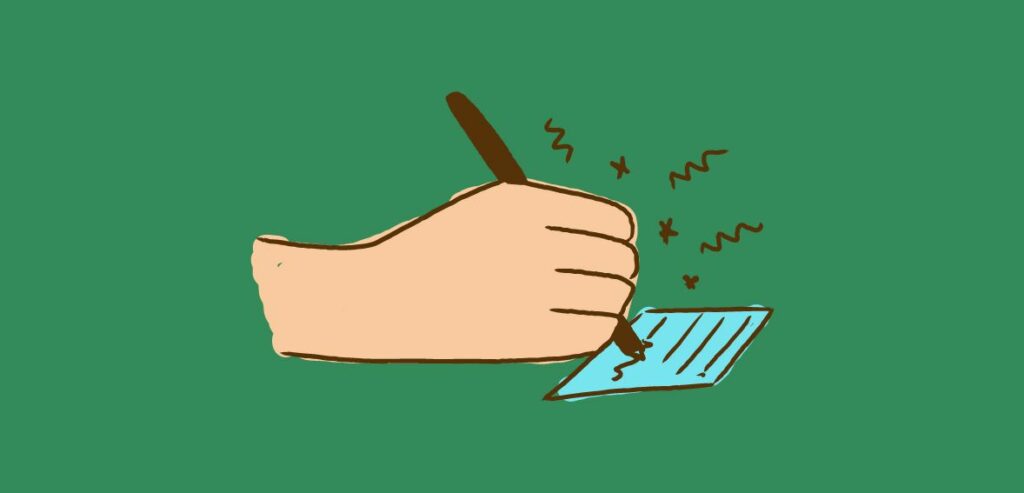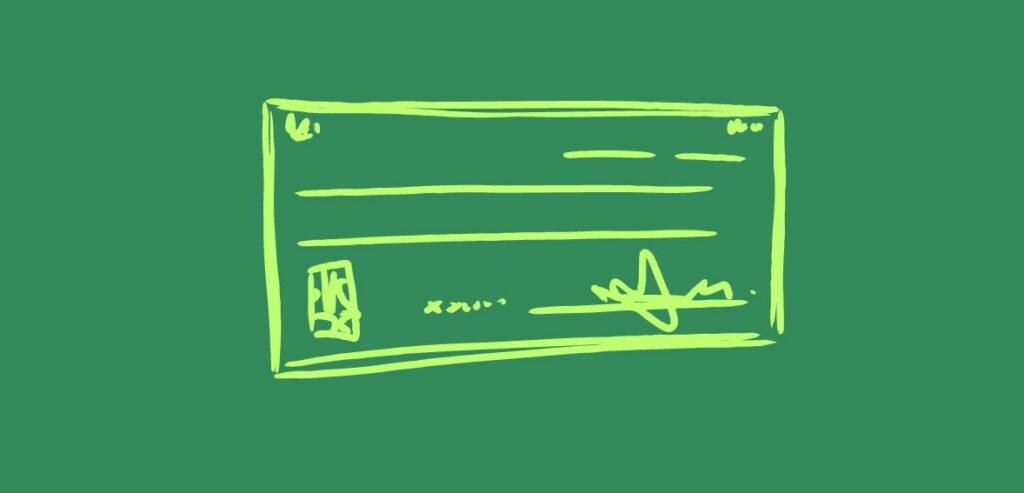Nowadays, where convenience is important, businesses increasingly adopt online transactions to enhance and expedite their payment processes. The evolving preferences of businesses in buying and selling goods have led to a noticeable decline in the demand for traditional paper payments.
This transformation has given rise to one of the most favored online payment methods—electronic checks, commonly known as eChecks. These checks have the same information as their paper counterparts but manage the entire transaction digitally. While paper checks face dwindling popularity, eChecks are flourishing. Notably, in 2022, the ACH network facilitated over $30 billion in eCheck transactions. So, what is the exact time echeck takes to clear?
Introducing any new technology raises questions, and to aid businesses and consumers in comprehending eChecks, this article seeks to address the most frequently asked questions, providing comprehensive insights into this digital payment method.
Understanding eChecks

An eCheck is a digital form of a traditional paper check, which shows identical information such as the bank routing number, payment amount, and checking account number. However, the key distinction lies in the complete digitization of the transaction process. In the US, eChecks operates through the ACH network, overseen by the NACHA, a non-profit organization functioning under the Federal Reserve. Comparable systems exist in other countries, such as Canada, each with payment clearing mechanisms.
An eCheck payment functions as a direct debit, setting it apart from a direct deposit based on the party initiating the transaction. It operates as a “pull” payment, with the payee initiating the transaction, drawing funds from the payer’s account. In contrast, a direct deposit operates as a “push” payment, with the payer initiating the transaction, pushing funds from their account to the payee.
Renowned for their application in high-cost transactions, eChecks offers a cost-effective alternative to credit card payments, avoiding hefty processing fees. Moreover, they find utility in recurring payments, such as rent, where the payee can conveniently initiate transactions. When employed for recurring payments, customers need only provide authorization once during the initial setup, making eChecks a streamlined option for businesses handling subscriptions or membership fees.
What Is The eCheck Processing, And The Time eCheck Takes To Clear

E-check payment processing is a streamlined method that facilitates the electronic transfer of funds from a payer’s bank account to the designated payee’s bank account. The initiation of this process is straightforward: the payer provides their bank account information, a crucial step that undergoes a thorough verification by the payee’s bank.
The payer’s input of bank account details serves as the digital trigger for the subsequent steps. Typically, an eCheck takes up to 5 business days for payment processing via the ACH network. Sometimes, eChecks processing can take a single business day. Here’s how the process goes by:
- Customer Authorization in E-Check Transactions
When customers initiate an e-check, they provide authorization for a digital payment or electronic money transfer between their bank account and the merchant’s bank account. Merchants can obtain this authorization through various means, such as a signed contract, an authorization form, or an order form.
The key point is that the merchant receives confirmation indicating that the customer intends to proceed with the transaction. E-checks can also be configured for recurring payments, facilitating automatic transactions with the necessary authorization.
- Merchant Gathers Essential Payment Information
Having obtained the required authorization, the merchant collects all necessary information for the payment process. This involves acquiring the customer’s bank account numbers. In recurring payments, the merchant gathers all relevant details related to the payment schedule.
- Payment Processor Validates Credentials
The verification process with the merchant’s payment processor is crucial. It ensures essential details align, such as whether the customer’s name matches the account from which they are paying and if there are sufficient funds to cover the transaction. The payment processor conducts basic checks to confirm the transaction’s legitimacy before its execution.
For merchants utilizing a POS system, there’s the advantage of automatically capturing customer-entered information online or in an app. This information is then transmitted to the merchant’s virtual e-check terminal. This streamlined integration eliminates the need to input details twice, allowing the electronic check payment processor to validate credentials and initiate processing immediately after customer authorization.
- Funds Transferred to Merchant’s Account
The journey of e-check funds involves traversing the Automated Clearing House (ACH) network from the customer’s account to the business’s account. While all e-checks undergo processing on the ACH network, it’s essential to distinguish that not all ACH payments are categorized as e-checks. Different fees and processing channels apply based on your ACH utilization.
The ACH network processes payments in batches, indicating that the transfer takes time. Typically, it takes about two to three business days for the funds to materialize in the designated destination account.
How Much Time Does It Take to Clear An eCheck?

The eCheck processing is much faster than traditional paper checks. Once an eCheck is submitted, banks typically take approximately 24 hours to authenticate and pass the payment. Subsequently, the ACH network requires three to five business days to withdraw the specified funds from the consumer’s bank account and transfer them to the merchant’s account. During this whole processing, merchants may experience a waiting period of up to a full week before funds are fully processed.
The extended clearing time of eChecks results from the ACH network’s utilization of batch transfers rather than individual handling. Fortunately, in 2018, the NACHA revised its guidelines, enabling processors to offer same-day funding for customers. This is why many transaction processing is possible within a day.
It’s essential to note that the time for eCheck clearing time can vary depending on the chosen payment processor. Opting for a reliable provider can streamline the process. Additionally, external factors such as bank holidays, substantial transaction amounts, or payments originating from accounts outside the state or country can contribute to delays in eCheck processing (which we will discuss in the next section). Upon successful validation, the funds are securely transferred, eliminating the necessity for physical checks or cash transactions throughout the entire transaction.
Factors Affecting The Duration Of Check

The processing time for eCheck payments is subject to variability, influenced by multiple factors such as the chosen payment processing solution and the individual policies of the banks involved. Notably, eCheck transactions generally entail a longer processing duration when compared to the swifter pace of credit card transactions. To provide a clearer understanding, let’s delve into the distinct stages of eCheck processing and their associated timelines:
- Authorization:
Upon a customer’s initiation of an eCheck payment through a designated gateway, the payment processor promptly dispatches an authorization request to the customer’s bank. This preliminary step is typically completed within a few seconds, showcasing the rapidity with which the initial stage transpires.
- Verification:
Following the authorization stage, the customer’s bank assumes the crucial role of verifying the provided account details and assessing the availability of funds. The verification process unfolds over a span ranging from a few minutes to potentially extending to a couple of business days, contingent upon the specific policies implemented by the bank.
- Clearing and Settling:
With authorization and verification successfully completed, the eCheck payment proceeds to the clearing and settlement stage, where the actual movement of funds occurs. This intricate process typically spans a duration of up to five business days. Various factors, including the efficiency of the payment processor, the participating banks, and the specific protocols in place influence the timeline.
Payment Processing Times: A Comparison Between eChecks Vs. Wire Transfer Vs. ACH Transfer
The processing times for eChecks, ACH transfers, and wire transfers exhibit notable differences. As previously discussed, eChecks typically take three to five business days to clear and reflect in the payee’s account. However, certain banks and payment processors do offer same-day eCheck processing.
On the other hand, domestic wire transfers can be processed with the funds arriving on the same day, sometimes within a few hours. It’s crucial to adhere to specific deadlines for same-day processing, usually by 3 p.m. ET. In contrast, international wire transfers may take longer, extending up to 7 to 10 days for delivery.
ACH transfers are generally scheduled for the following day or up to three days later. However, same-day or almost immediate processing is also possible in certain situations, with deadlines for sending money extending into the later part of the day and evening.
In terms of sheer speed, wire transfers emerge as the swiftest payment method, followed closely by ACH transfers, while eChecks and ACH transfers have comparable processing times. Despite the slightly longer processing periods, eChecks and ACH transfers remain convenient, secure, and, most importantly, cost-effective in comparison.
Conclusion
The rise of online transactions and the adoption of eChecks has significantly changed the payment industry. As more businesses adopt the efficiency of eChecks, it is important to understand how long they take to process. While eChecks are usually cleared within three to five business days, advancements in the industry, such as same-day processing, help speed up transactions.
The process from customer authorization to fund transfer involves verification and clearing. Each step is influenced by factors such as the efficiency of payment processors and bank policies. When comparing eChecks with wire transfers and ACH transfers, eChecks offer processing times, making them a practical and cost-effective option for businesses. Understanding the intricacies of eCheck processing times is crucial. This knowledge empowers businesses and consumers to make informed decisions.
Frequently Asked Questions
Q: How long can an eCheck process take?
Typically, eCheck payments take about 3-5 business days to complete. The process involves sending the payment request through the ACH network, followed by verification from the customer's bank. Subsequently, the merchant's bank may hold the funds for 24 hours for its security checks.
Q: Why is my eCheck taking an extended time?
Unlike real-time wire transfers, the ACH system operates on batch processing, causing a delay in fund delivery. Consequently, the processing time for an eCheck can range from one to five business days.
Q: Is an eCheck an instant transaction?
While e-checks are sent online instantly, their processing time is longer than other online payments made through websites or apps. This delay is due to the transfer occurring through the ACH network.
Q: Do eChecks clear during weekends?
eChecks do not undergo processing on weekends or holidays. For instance, if a merchant deposits an eCheck on the Friday before a Monday bank holiday, they may experience a week-long wait before the funds become available.
Q: What are the drawbacks of eChecks?
Despite the numerous advantages of eChecks, they come with potential drawbacks. One significant limitation is the possibility of processing delays and errors. These factors can impact their efficiency since eChecks follow strict timelines and procedures within the ACH network.


